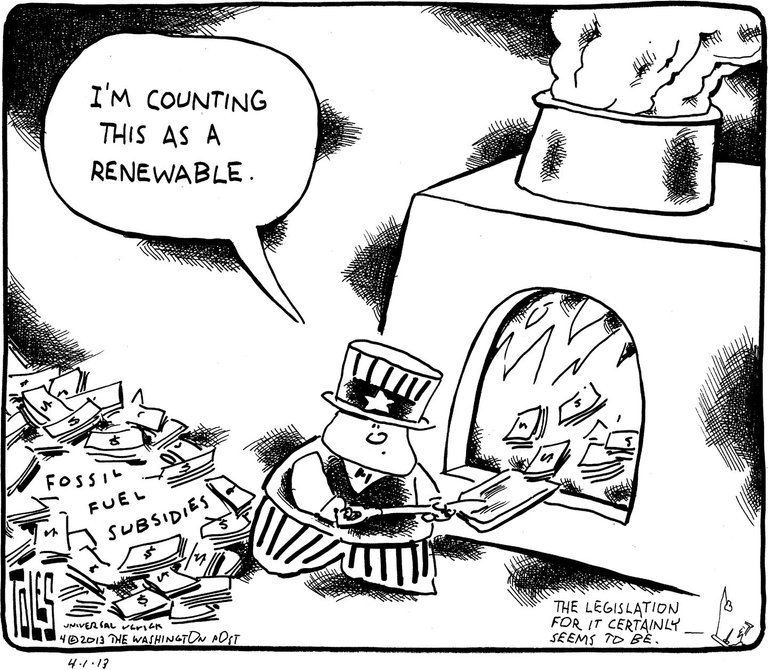
Myth of the Robber Barons by Burt Folsom
Introduction
Burt Folsom begins by emphasizing the American ideology of individual freedoms and liberties above all. From an economic standpoint, this idea puts the ball in entrepreneurs’ court. We open the gates to their innovative skill and creativity to allow our economic society to thrive.
When the government wants to directly encourage growth in an industry, they offer subsidies to companies that currently struggle or need help getting off the ground. However, as Folsom explains, subsidies may not always have its intended effects.
Steamship Standoff: Edward Collins vs Cornelius “The Commodore” Vanderbilt
In the 19th century, the steamboat industry began sailing off into promise. By decreasing travel time between Europe and the United States, trade could be conducted more efficiently and quickly. Faster travel times also led to greater mobility, thus allowing for a new wave of migration from Europe to the United States. England had a large advantage over the United States in the steamboat industry, so the US government wanted to subsidize the American steamboat industry to jumpstart entrepreneurs and catch up to England’s lead. Congress granted subsidies for Mr. Edward Collins to jumpstart his steamship company. After the first year of mild success, Collins kept returning, asking for more and more subsidies for his struggling steamboat company. Cornelius Vanderbilt enters the picture by saying he can do better than Collins for half the amount of subsidies. Vanderbilt actually never receives Congressional subsidies but uses his entrepreneurial innovation and creativity to turn his company profitable, a goal that Collins never achieved. By being given economic freedom to let his company grow, Vanderbilt created an incredibly profitable steamboat company that helped pave the way for the exponential growth of the nineteenth century.
Railroad Rivalry: Union Pacific RR vs Central Pacific RR vs Great Northern RR
During this same time period, Congress wanted to connect the west coast to the rest of America via railroad. Feeling like they learned their lesson from the steamship standoff, they subsidized two railroad companies—Union Pacific Railroad and Central Pacific Railroad—to encourage competition between the two. Instead, both companies exploited the subsidy per mile rule and also purposely sabotaged the other lines with dynamite explosives. The west coast was eventually connected to the rest of America, but with unnecessary struggle thanks to Union Pacific and Central Pacific.
A gentleman by the name of James J. Hill built his own railroad but without a single government subsidy. His Great Northern Railroad Line turned a profit when Union Pacific and Central Pacific went into the red. The ingenuity and entrepreneurism of Hill created a successful and profitable company that never relied on government subsidies.
Personal Thoughts on Subsidies
I like the idea of encouraging growth, but when your beneficiary becomes dependent on subsidies, I believe that is where you draw the line. It logically makes no sense to keep essentially “bailing out” failing companies like that of Edward Collins or Union and Central Pacific Railroads. I believe that taxpayers should not have to bear the burden of the mistakes and failures of struggling companies. Encouraging growth is a great idea, but history shows that maybe the government should allow entrepreneurs to work their magic.
I’ve noticed a theme of dependency throughout a few of this semesters’ topics. Foreign aid, universal basic income / welfare, and subsidies. They are all born out of remarkable ideas that come from sincere hearts, but frequently lead to harmful situations.
First world countries send foreign aid to struggling countries stricken by poverty or natural disaster. They want to help and assist these nations in whatever way possible; it is simply human nature to want to help those struggling. However, as a result of the recipient country being flooded by foreign aid, the domestic and local economies are shattered because they cannot compete with cheap foreign goods. Thus, the struggling nation becomes dependent on imported goods and foreign aid. With this dependency, they will likely never reach economic prosperity.
Universal basic income or welfare also come from a generally agreeable idea. People deserve the right to enough financial stability to live healthy lives. For some in the welfare system, they become dependent on their government-funded welfare income so they may have less incentive and motivation to work and contribute to the economy. Again, we have a situation of dependency. Why bother working if the government gives me money to live?
Lastly, with subsidies, companies like Edward Collins’ steamboat business become dependent on government subsidies to stay afloat (quite literally). Collins’ did not have the incentive to innovate his business because he knew he always had the get-out-of-jail-free card in the form of subsidies. The taxpayer suffers as a result of this system. Simply not subsidizing in the first place leads to greater economic growth since entrepreneurs have total freedom and control to expand their business.